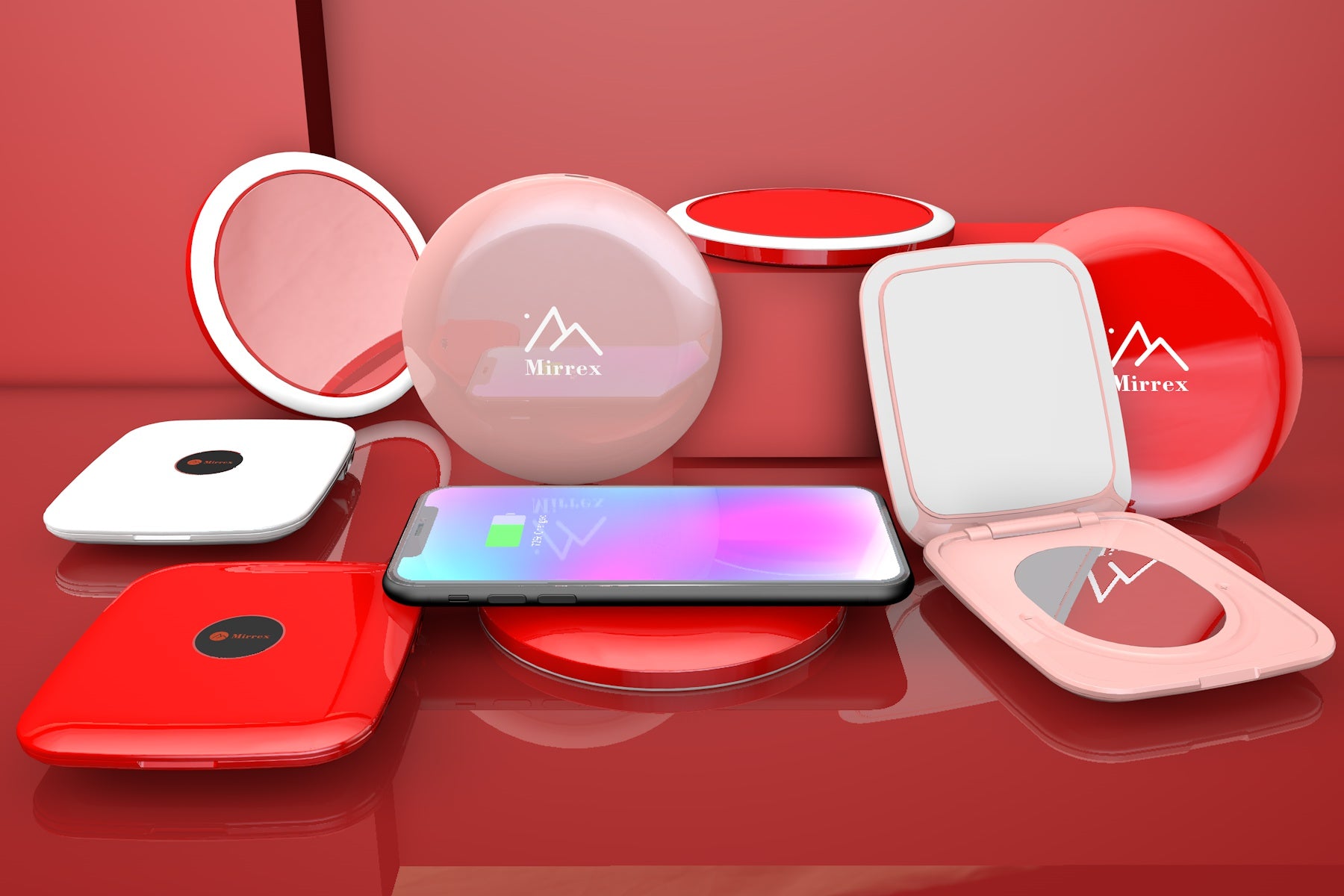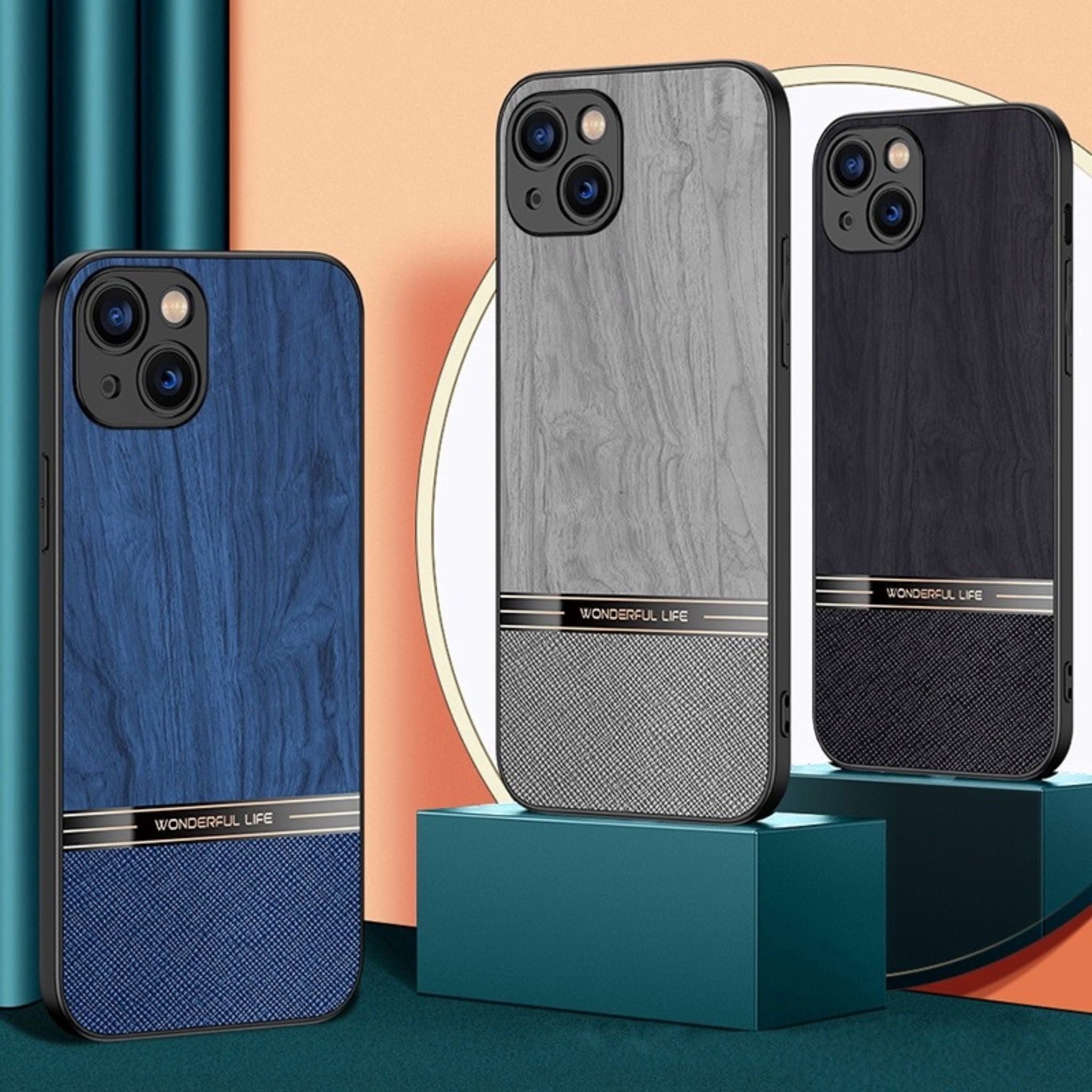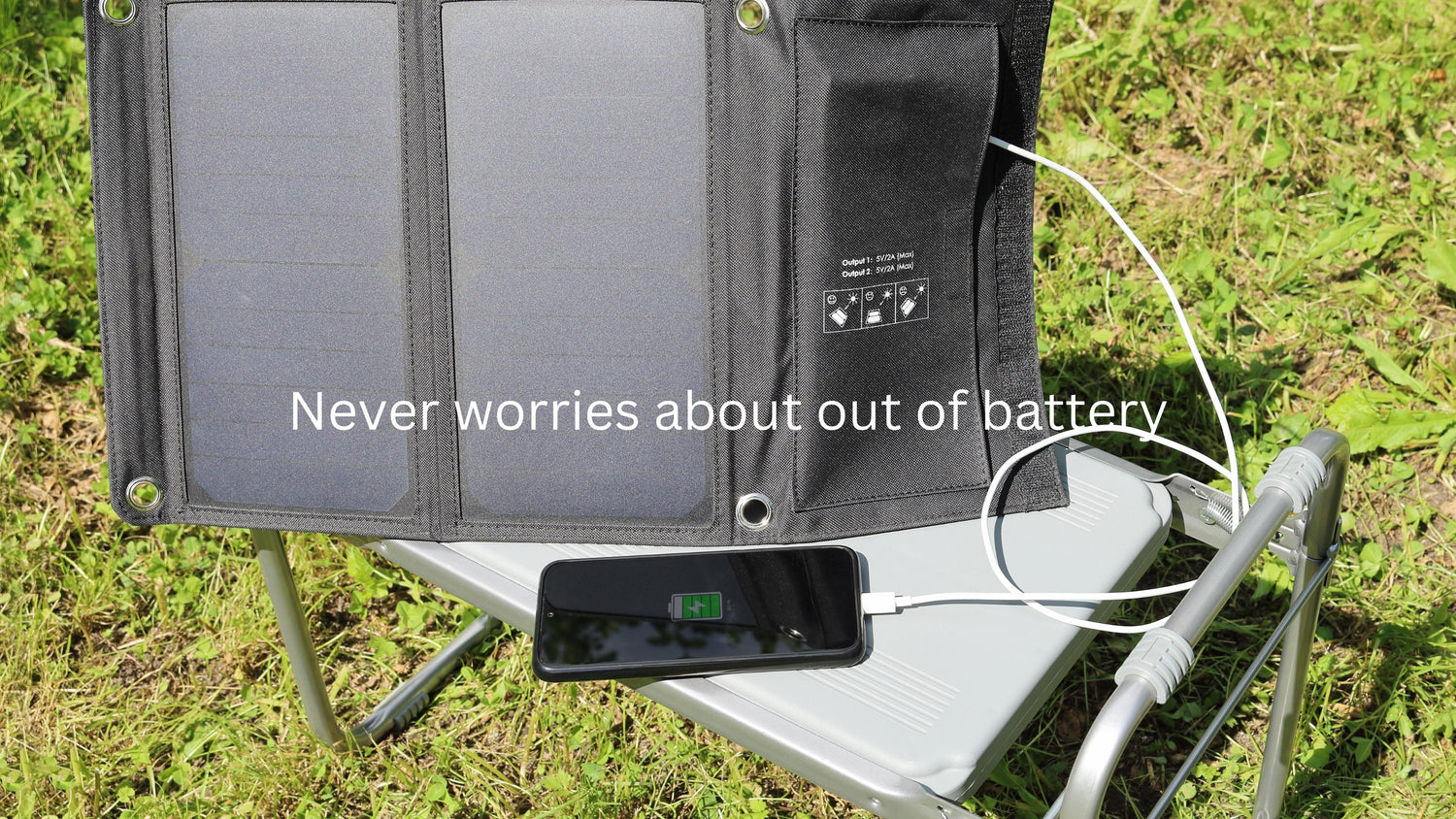With over 85% of the entire population in the USA owning a smartphone according to research giants Statista, it's not surprising to understand that keeping phones charged is one of life's daily challenges for huge numbers of us!
Everyone needs a good charger, but with so many options on the market, it can be hard to decide which one to buy.
Solar chargers have become increasingly popular in recent years, but are they worth the investment? Read on to discover more!
What is a solar charger and how does it work?
Ok so before we put solar chargers and their contemporaries head to head, let's start first by finding out what a solar charger is and how it works.
What is a solar charger?
A solar charger is a device that uses the sun’s energy to generate electricity. Solar chargers are portable, so they can be used anywhere there is sunlight.
Solar chargers come in a variety of shapes and sizes, and some even fold up for easy storage.
Some of the best solar chargers also have built-in batteries or a wireless charger so you can charge your devices even when there’s no sun.
They are a great option for people who are always on the go, or for those who want to be prepared in case of a power outage.
Other people who might benefit from using solar chargers are those who frequently find themselves in remote locations where there is no electricity, such as hikers or campers or people who live in areas that are prone to power outages.
Solar chargers can be a great way to ensure you always have a backup power source.

How does a solar charger work?
A solar charger is a portable device that uses solar panels to convert sunlight into electrical energy that can then be used to charge a mobile phone, tablet, or other devices.
Solar chargers usually have one or more photovoltaic (PV) cells, also known as solar cells, which are made from silicon semiconductor materials.
When sunlight hits the solar cell, it causes an electrical reaction that generates a current of electricity.
This current is then stored in a battery within the solar charger. When you plug your mobile phone or another device into the solar charger, the battery releases the stored electrical energy, which then charges the device.
Solar chargers come in a variety of sizes, from small, portable solar chargers that can fit in your pocket to larger solar chargers that can provide enough power to charge multiple devices at once.
There is also a wealth of types available which can also vary in their design. As we mentioned earlier some feature built-in batteries, that may be wireless, while others require you to connect an external battery.
Are solar chargers better than standard chargers?
Solar chargers have a lot of advantages, but there are also some things to keep in mind before you hand over your hard-earned dollars!
Solar chargers are typically more expensive than standard chargers, so it is important to consider whether the extra cost is worth it for your needs.
As their name implies, they do also require sunlight to work, so if you need to charge your devices in a hurry or in low-light conditions, a standard charger may be a better option.
They can also be bulkier and heavier than standard chargers, so if portability is important to you, keep that in mind when making your decision.
However, they are a great eco-friendly option for those who want to reduce their reliance on fossil fuels, and they can be a lifesaver in emergencies when there is no access to other forms of power.
So weigh your options carefully before making a purchase, and consider what will work best for you and your devices.
How long do solar chargers last compared with traditional chargers?
Solar chargers can last for years with proper care and maintenance, while traditional chargers can need replacing fairly regularly depending on the style and of course how much you have spent.
However general, they are more durable than traditional chargers, so you don't have to worry about them breaking if you drop them.
You might find when using the power of the sun to charge your phone, those chargers can also sometimes last longer because they have no moving internals like a fan or motor.
Another reason you might find they last longer than traditional chargers is that they don't use power from the battery to run.
Solar chargers rely on an external power source, whether it be the sun or a USB port, so they're not pulling double duty like a traditional charger by also running down the battery.
Why should I buy a solar charger?
Solar chargers have a few advantages over other types of chargers. Some of them not only offer the power of the sun as a green option to keep your phone fully charged, but can also be waterproof too.
Perfect for those of you who like to get down and dirty on the track or field, out and about in all kinds of weather conditions.
Of course, they are also great for the environment. As they rely on sunlight to work, they don't produce any emissions or pollutants.
So if you're looking for a way to reduce your carbon footprint, solar charging is the way to go.
If you prefer to keep your whole phone set up as green as possible, then head over to find out more by reading Should I get a Biodegradable Phone Case? (Add a link to the article) on another of our helpful articles.
Solar chargers are also very portable. Since they don't rely on an electrical outlet, you can take them anywhere.
This is perfect for anyone who enjoys outdoor activities such as camping, sports, (add a link to Best Phone Cases for Sports), or any other time when you might not have access to a power outlet.
They can also save you money in the long run. Even though they may be more expensive upfront, you will find they more quickly pay for themselves as traditional chargers obviously have an ongoing cost in terms of the electricity used to power them.
You'll also no longer need to buy batteries or rechargeable batteries.
What are the drawbacks of solar chargers?
Solar chargers although have plenty of benefits, obviously do have some drawbacks too.
One of the biggest is that they rely on sunlight to work, so they won't work at night or on cloudy days.
Solar chargers also take longer to charge devices than traditional chargers, so if you're in a hurry, they might not be the best option. Some of the other drawbacks of them are:
- They can be less reliable than other chargers
- Solar chargers rely on weather conditions
- They're not as fast as other chargers
- Solar chargers can be more expensive than traditional chargers.
How do solar chargers stack up cost-wise?
Solar chargers are typically more expensive than their non-solar counterparts. You can find a decent solar charger for around $25 wireless charger , while a good will cost you at least $30 to $40
So, if you're looking for the most affordable option, a traditional charger is probably your best bet. You can usually pick up a traditional charger for around $10.
To end with...
So, what's the bottom line? Solar chargers have some pros and cons that you should consider before you decide whether or not to buy one.
If you're looking for an eco-friendly and cost-effective way to charge your devices, a solar charger might be a good option for you.
But if you need a quick charge, you might want to go with a traditional charger.
Whichever type of charger meets your need best, don’t forget to head over to our store to find a range of solar, wireless and traditional chargers to choose from.










Laisser un commentaire
Ce site est protégé par hCaptcha, et la Politique de confidentialité et les Conditions de service de hCaptcha s’appliquent.